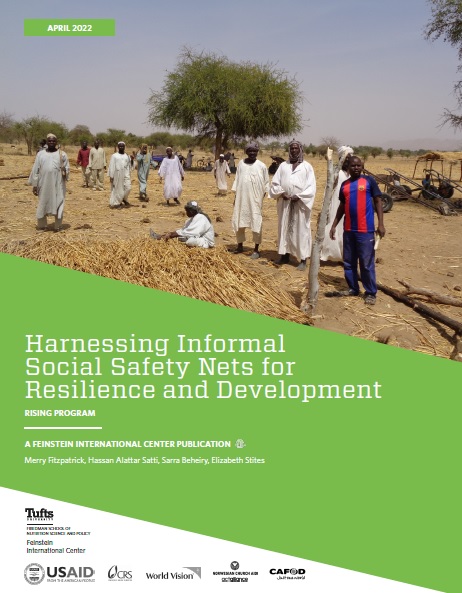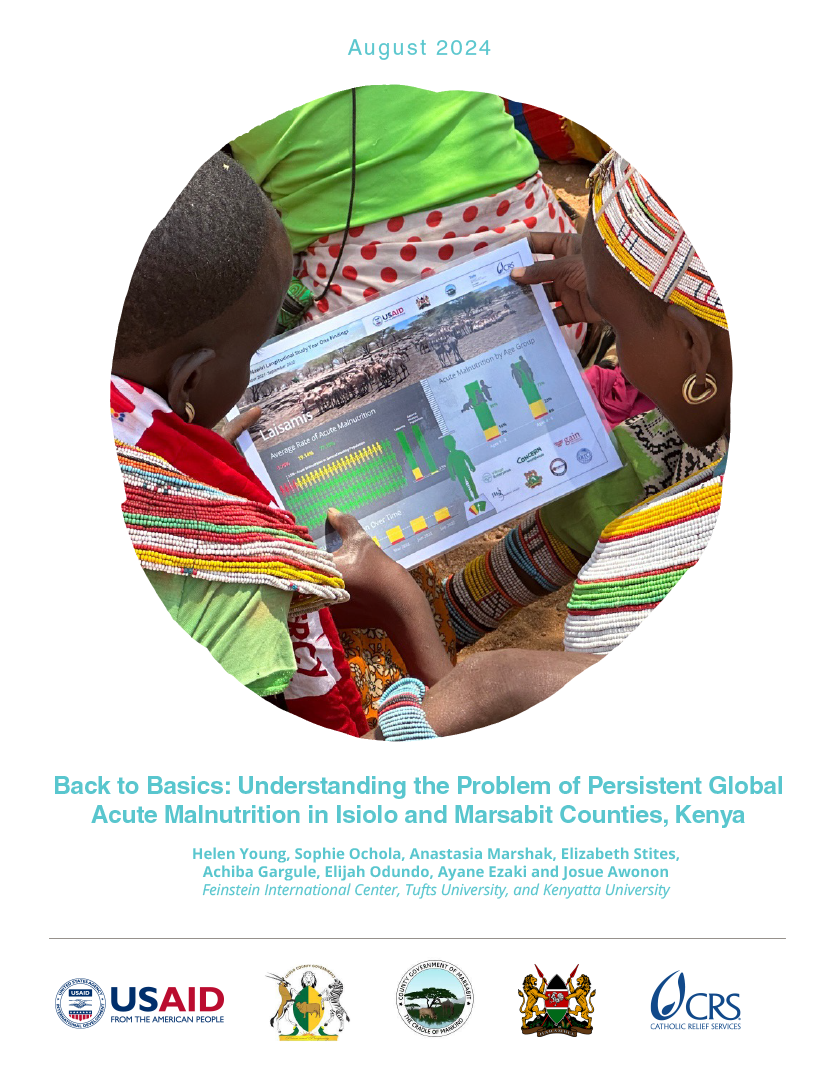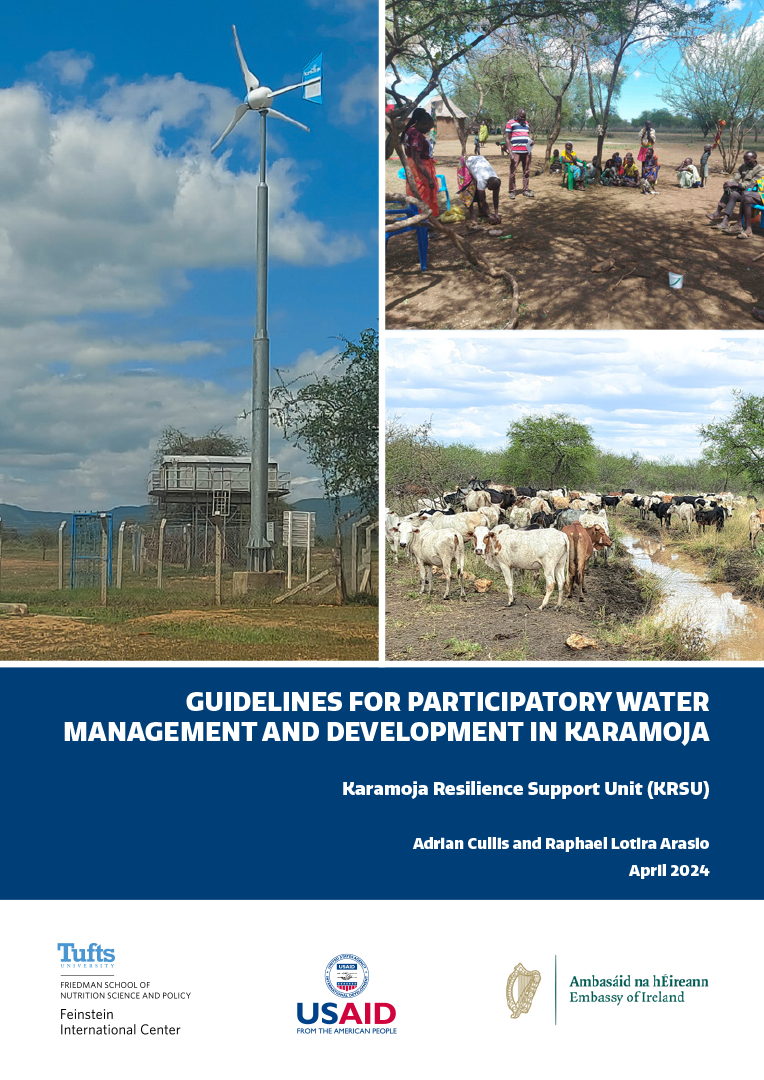People turn to each other to get through difficult times, to celebrate life events, or simply to ease daily living. Humanitarian assistance usually provides support only when there are large-scale crises that affect whole populations. What do people do when humanitarian assistance is not provided, when only one or a few households are affected? And when humanitarian assistance is provided, how does it affect these systems of mutual support?
Established systems of mutual support (informal social safety nets) evolve to organize reciprocal support and make that support more predictable. This report examines the nature of these mutual support systems in selected communities in North and South Darfur, Sudan. Through research conducted in these communities, we explore how a full menu of these social safety nets operate, the functions they serve, who benefits, and the obligations on community members.
The informal social safety nets (SSNs) identified in this study varied somewhat from one community to another, but were largely the same across all communities, regardless of state or livelihood specialization. These SSNs operate as coherent webs that support social connections and norms, providing social and practical benefits as well as immediate emergency assistance when needed. SSNs depend on relationships and trust to function and are governed by shared norms. We have seen that SSNs can also restore broken trust and violated norms. The conflict in Darfur violated norms and disrupted many relationships, and therefore undermined the SSNs that depended on them. However, some SSNs have played important roles in reconciliation.
This study was conducted in support of the Recovering in Sudan for Improved Nutrition and Growth (RISING II) program, conducted by a consortium of NGOs, led by Catholic Relief Services and funded by USAID/BHA (ex-FFP).
Read the Arabic summary of Harnessing Informal Social Safety Nets for Resilience and Development.







